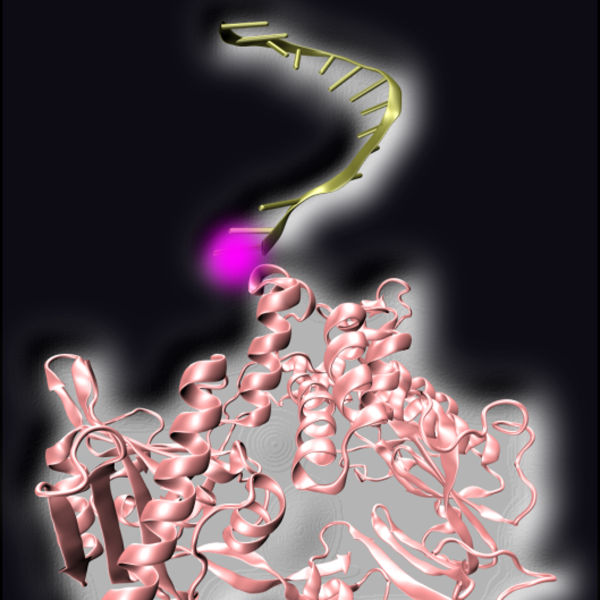Putting a stop to harmful trans fats
Advertisement
trans fats in food constitute a growing problem because they are suspected of increasing the risk of blood clotting and hardening of the arteries. But why take the risk when it is possible to produce products without trans fats? In many countries, the general intake of trans fats is high because consumers are not yet aware of the connection between cardiovascular disease and trans fats, or indeed of the existence of trans fats.
In particular, trans fats are found in products such as margarine, cakes, biscuits and crisps, and they come into being when oils and fats undergo partial hydrogenation. The aim of this process is to give the oils and fats melting properties that adjust the melting point of the end-product so that, for example, chocolate melts in the mouth and not in the hand. Unlike the conventional process of partial hydrogenation, new enzyme technology offers the possibility of obtaining these melting properties without at the same time producing harmful trans fats.
As well as enzymes, there are currently two other methods of adjusting the melting point of fats: hydrogenation and chemical interesterification. Both have unwanted side-effects. The first produces trans fats, while the second has a negative impact on the environment and leads to discolouring of the fat, which means that further processing is required.
Nutrition experts have been warning about trans fats for years, and around the world the authorities are now beginning to follow up on the recommendations with new legislation. In the USA, the content of trans fats has to be stated on all product labelling. Denmark has effectively banned the use of partial hydrogenation by setting a low upper limit for the amount of trans fats in foods. And Canada, which already has a trans fat labelling rule, is now considering adopting rules similar to those in Denmark. However, until legislation is in place, consumers need to be aware of their intake of trans fats if they want to avoid increasing the risk of cardiovascular disease.
Topics
Organizations
Other news from the department business & finance

Get the life science industry in your inbox
By submitting this form you agree that LUMITOS AG will send you the newsletter(s) selected above by email. Your data will not be passed on to third parties. Your data will be stored and processed in accordance with our data protection regulations. LUMITOS may contact you by email for the purpose of advertising or market and opinion surveys. You can revoke your consent at any time without giving reasons to LUMITOS AG, Ernst-Augustin-Str. 2, 12489 Berlin, Germany or by e-mail at revoke@lumitos.com with effect for the future. In addition, each email contains a link to unsubscribe from the corresponding newsletter.
Most read news
More news from our other portals
Last viewed contents
Maturity_onset_diabetes_of_the_young
Gyros appoints Dr. Jack Johansen and Mr. Lars Eric Utterman as Non-executives Directors to the Board of Directors

New approach toward a broad spectrum malaria vaccine
Biacore vitamin test kits receive AOAC R I certification

























































